As an ardent black bean consumer, I've learned to value their exceptional taste and adaptability. These versatile legumes are a staple ingredient that can effortlessly enhance the flavor, texture, and nutritional value of soups, dips, sides, burgers, and all sorts of Mexican cuisine.
But what happens when you're out of black beans or can't seem to find them at the grocery store? This is when having black bean substitute options comes into play, so I've meticulously curated a list of some of the best black bean substitutes.
Each one has been ranked based on their flavor, texture, and nutritional value. While some of these alternatives can be used as a direct replacement for black beans in recipes, others present a slightly different taste or texture that can add a fun twist to traditional dishes.
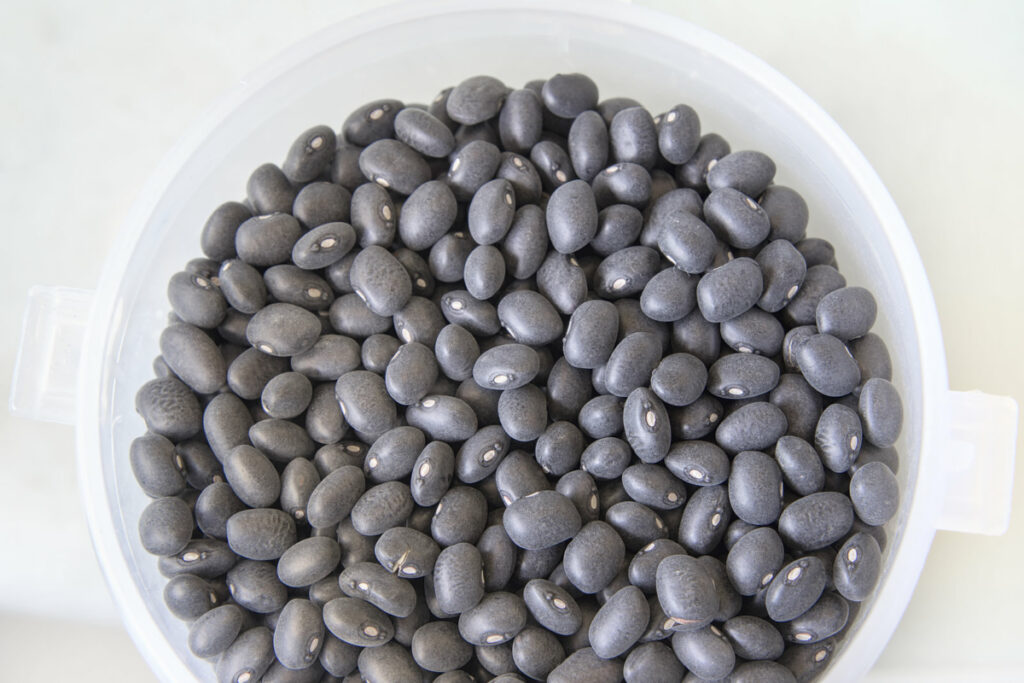
🌟 Best Substitutes for Black Beans
Edamame (Soybeans)
1 cup of black beans = 1 cup of edamame
Edamame (soybeans) are an excellent source of protein, fiber, and essential vitamins and minerals. Their mild flavor and tender texture make it a perfect replacement for black beans in most dishes.
It's a versatile ingredient that can be pureed and cooked with garlic, lemon juice, and olive oil to make delicious and creamy hummus without chickpeas. Alternatively, you can mash it with breadcrumbs and spices to create a healthy and flavorful veggie burger patty, in lieu of the usual black bean burger.
These beans can also be used as a substitute for black beans in Mexican cuisine and in sides like salads and stir-fries, adding a pop of color and texture to your dish. Their similarly umami flavor and smooth texture are what make them our top swap.
Kidney Beans
1 cup of black beans = 1 cup of kidney beans
Kidney beans are one of the healthiest and most adaptable black bean alternatives, with a rich red color and a mildly sweet flavor, also frequently used in Mexican food, soups, sides, burgers, and even brownies.
These beans also have numerous benefits as they are a great source of protein, fiber, and essential nutrients like iron and folate. With a lower glycemic index than black beans, they can help regulate blood sugar levels and provide sustained energy throughout the day.
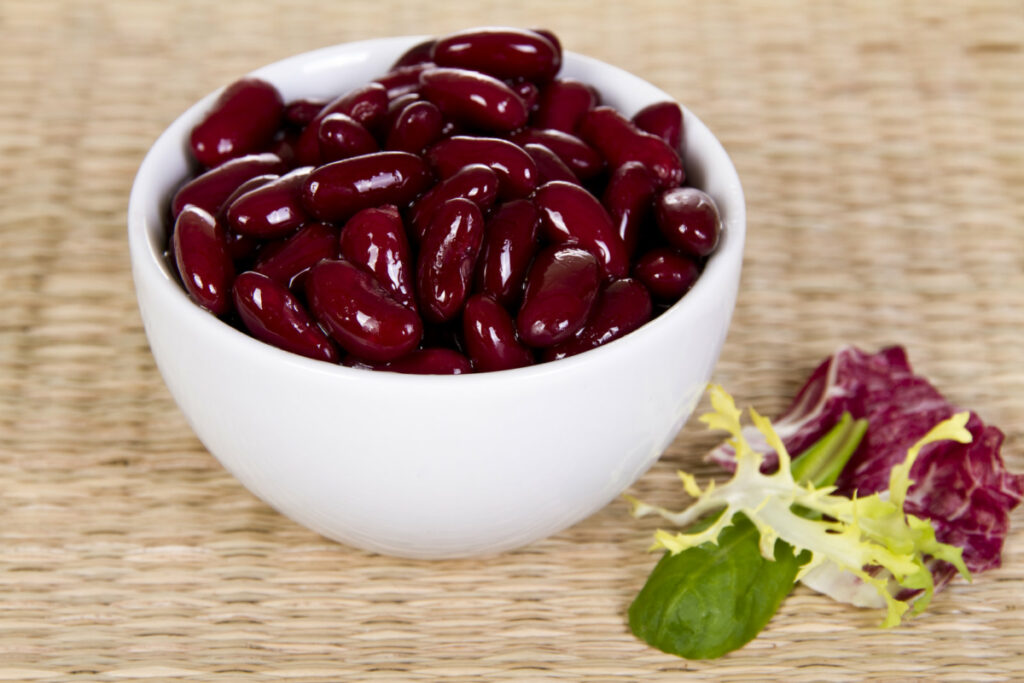
Black-Eyed Peas
1 cup of black beans = 1 cup of black-eyed peas
Black-eyed peas are a delicious and versatile substitute for black beans in cooking. These tiny, creamy legumes are a nutritious and gratifying complement to any cuisine since they are high in protein, fiber, and essential vitamins and minerals.
Black-eyed peas are also ideal for soups, dips, and sides thanks to their mild, nutty flavor and creamy texture. Use them in your favorite chili recipe, blend them with garlic and tahini for hummus, or sauté them with onions, bell peppers, and spices for a flavorful side dish.
Chickpeas
1 cup of black beans = 1 cup of chickpeas
Having a high protein and fiber content, chickpeas are a versatile and nourishing item that can be used in a variety of dishes. Their mild flavor can be easily paired with a range of spices and seasonings, effectively making them a perfect ingredient to keep around in the kitchen.
Chickpeas can also be used in baking and as a binder and source of moisture in place of eggs or oil, creating a healthier and more nutritious treat. This alternative also has a flour variation that can be used instead of wheat flour in recipes, so it's a superb option for gluten-free baking.
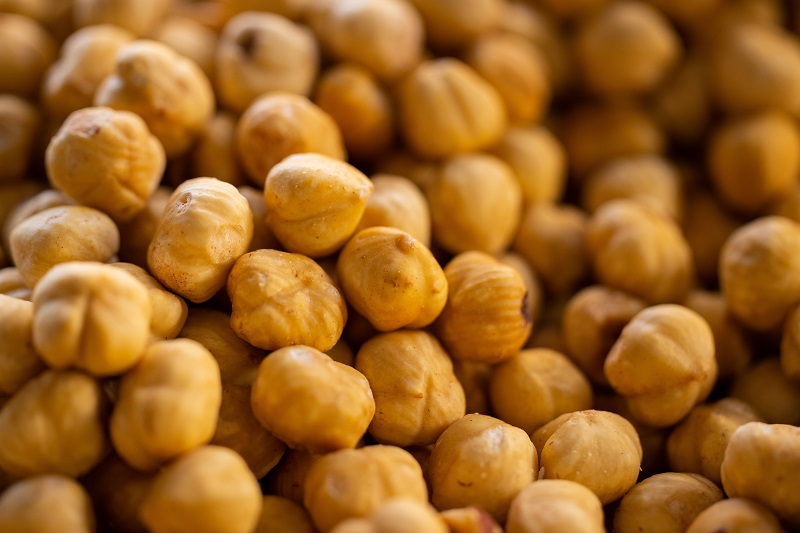
Lentils
1 cup of black beans = 1 cup of lentils
Lentils are stuffed full of protein, fiber, and essential nutrients, and have a mild and earthy tate that compliments a wide range of flavors. When it comes to soups and dips, lentils are a fantastic alternative to black beans. They cook quickly and easily, and their small size means they blend seamlessly into creamy dips and soups.
Lentil soup is a classic, comforting, nutritious dish, and lentil hummus is a delicious and healthy twist on traditional chickpea hummus. These can also be used as a base for vegetarian chili, adding texture and flavor to this hearty and satisfying dish.
Cannellini Beans (White Kidney Beans)
1 cup of black beans = 1 cup of cannellini beans
Although black beans are often the go-to choice for cooking with beans, it's worth considering cannellini beans as a versatile and tasty alternative. These creamy white beans are a staple in Italian cuisine and can be used in various dishes.
They blend effortlessly into stews, dips, and sides, adding a creamy texture and subtle flavor that pairs well with vegetables, meats, and spices. They can also be used as a unique twist in classic recipes like burgers, creating a hearty and satisfying meal that's both healthy and delicious.
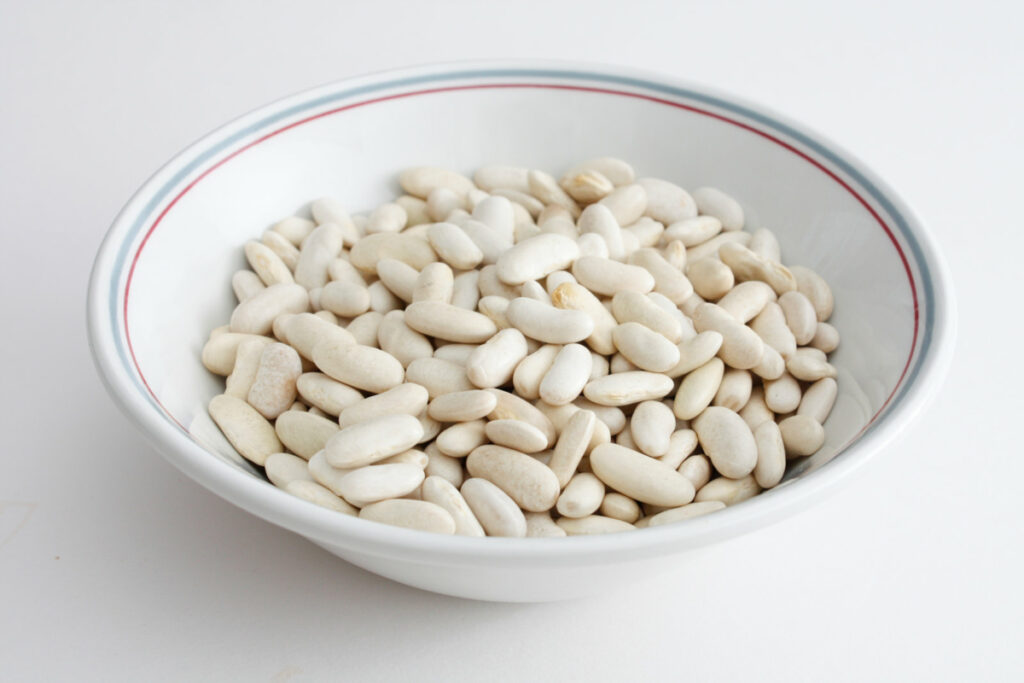
Great Northern Beans
1 cup of black beans = 1 cup of great northern beans
If we're talking about dishes where black beans aren't the star, great northern beans are a perfect choice due to their mild flavor and creamy texture. You can puree them with broth and seasonings to make a satisfying and hearty soup or blend them with spices and herbs for a flavorful dip.
They also work well in side dishes, such as casseroles or baked beans, as they easily take on the flavors of the other ingredients in the dish. These white beans can add protein and fiber to burgers when mashed and mixed with meat, while pureed great northern beans can replace some butter or oil in cakes for a healthier treat.
In Mexican dishes, great Northern beans can substitute black beans in burritos, tacos, and enchiladas for a creamy and mild flavor.
Pinto Beans
1 cup of black beans = 1 cup of pinto beans
Pinto beans are a versatile and flavorful black beans alternative, as they have a creamy texture and a slightly sweet, nutty flavor that compliments a variety of ingredients. They also add a rich depth of flavor to dishes like chili and burritos, where their earthy taste pairs perfectly with spices like cumin and chili powder.
These beans aren't just limited to savory dishes, either - they're also a great ingredient in sweet recipes, as when pureed, they create a smooth and creamy texture that adds moisture and richness to baked goods. Pinto beans can also be used in vegetarian and vegan burgers as a hearty and satisfying protein source.
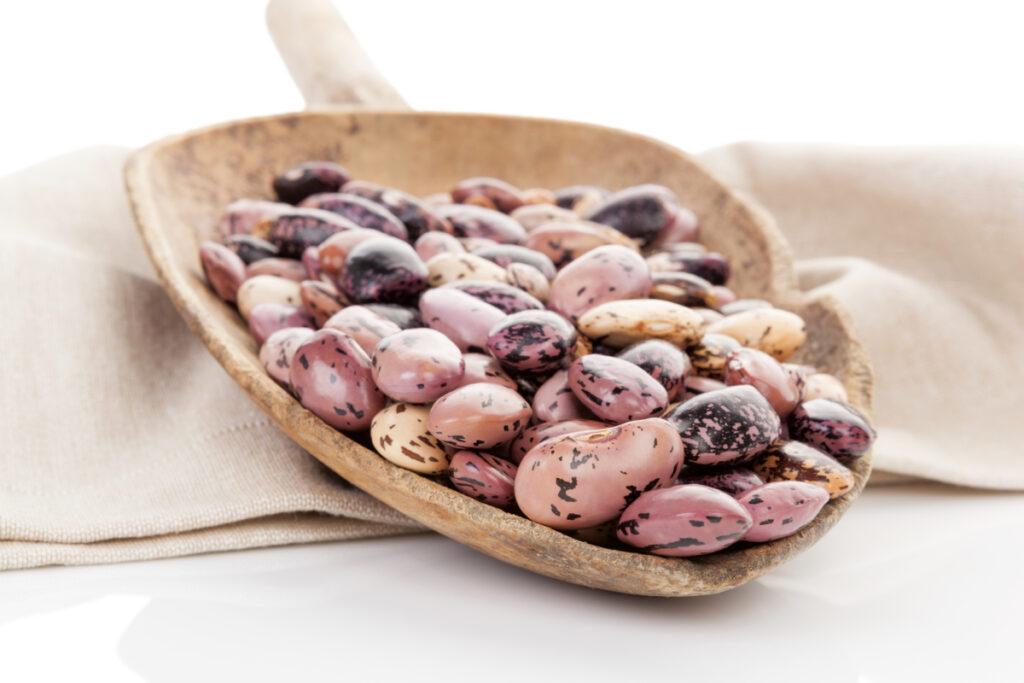
Mushrooms (NOT Low Histamine)
1 cup of black beans = 1 cup of mushrooms
Mushroom enthusiasts already know that these are versatile and delicious substitutes for most umami-rich ingredients, particularly black beans. They add a rich, earthy flavor with a meaty texture similar to black beans.
By simply sautéing mushrooms with garlic and onion, you can easily add them to your favorite recipe in lieu of black beans.
Moreover, mushrooms are an excellent substitute for black beans in burgers and Mexican food. Finely chopping them and mixing them with ground meat or tofu can create a juicy and flavorful patty, while you can also use mushrooms to fill tacos, burritos, and enchiladas.
Cauliflower
1 cup of black beans = 1 cup of cauliflower
Cauliflower is a healthy and versatile black bean substitute, suitable for those who want to eat healthily without compromising taste. This cruciferous vegetable is low in calories, packed with nutrients, and can be used in many foods.
One of the benefits of using cauliflower in place of black beans is that it's lower in carbohydrates. This makes it perfect for those who are following a low-carb or keto diet, while cauliflower is also high in vitamin C, vitamin K, and folate, making it a nutritious addition to your meals.
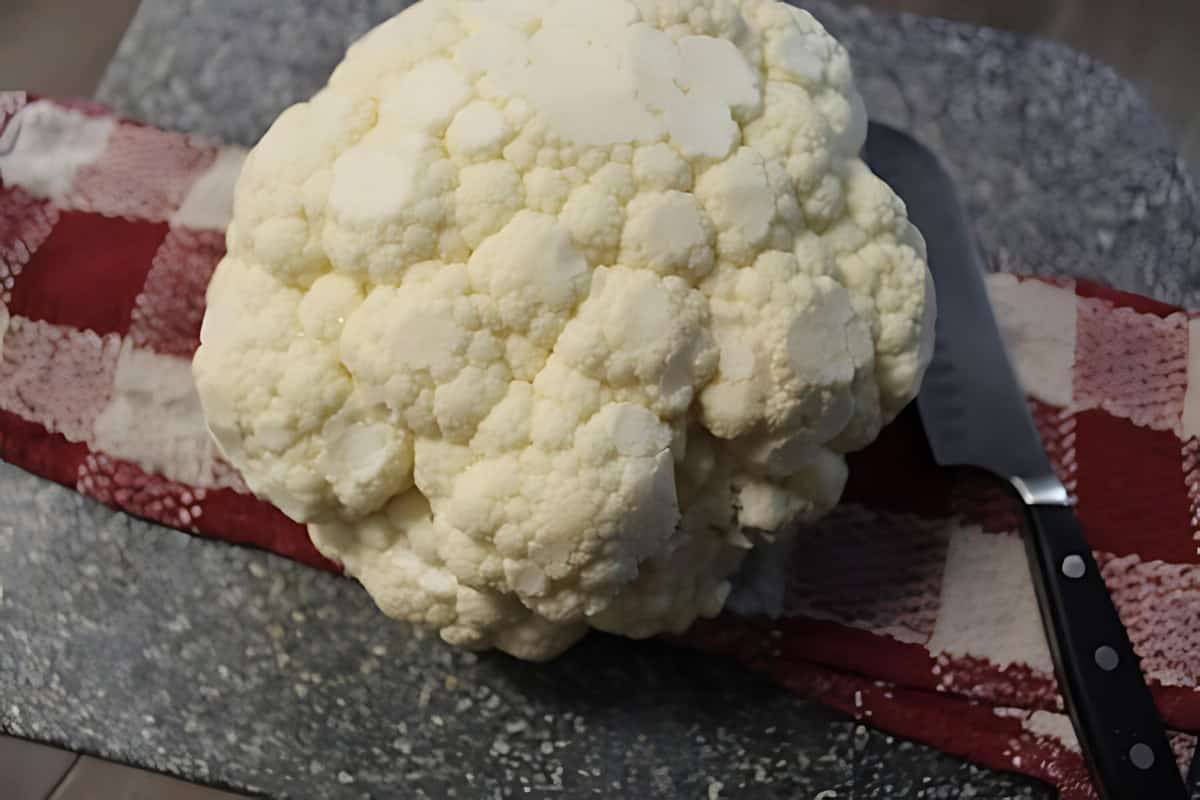
Tofu or Tempeh (NOT Low Histamine)
1 cup of black beans = 1 cup of tofu/tempeh
Both tofu and tempeh are excellent protein sources, albeit high histamine, and are versatile enough to be used in various recipes both sweet & savory. Tofu can be added to stir-fries, salads, soups, and even desserts, while tempeh's nutty flavor makes it a great addition to sandwiches, wraps, and burgers.
Nutritionally, both tofu and tempeh are low in fat and calories and high in protein, making them a perfect choice for vegetarians and vegans. They are also jammed with essential vitamins and minerals such as iron, calcium, and zinc.


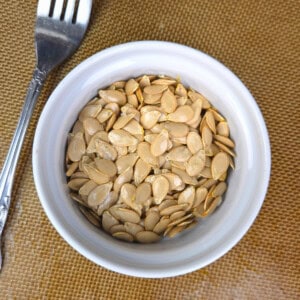


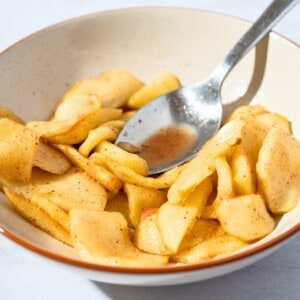
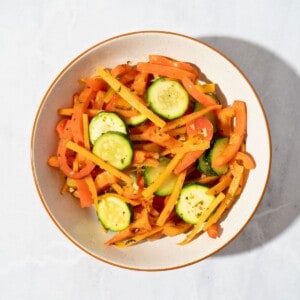


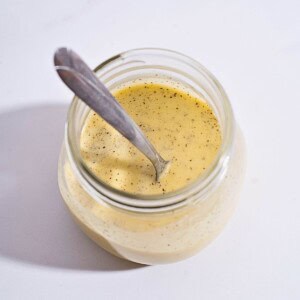
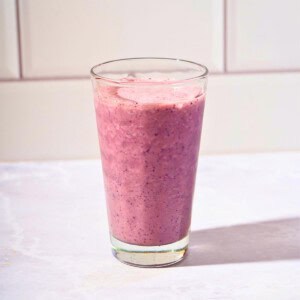

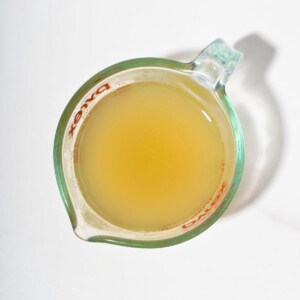
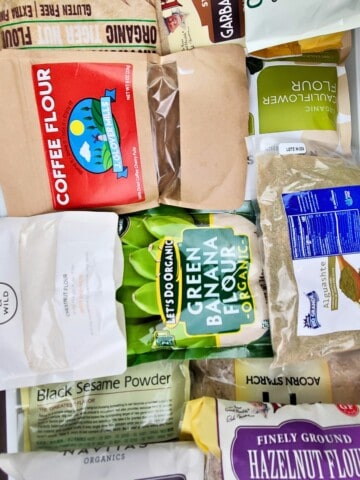
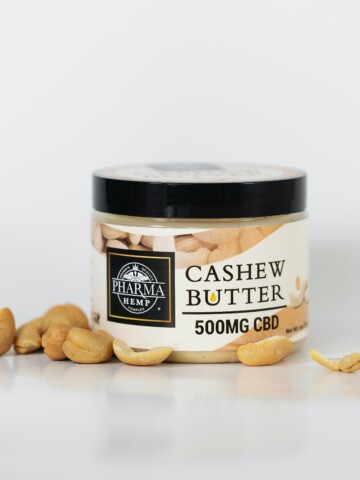
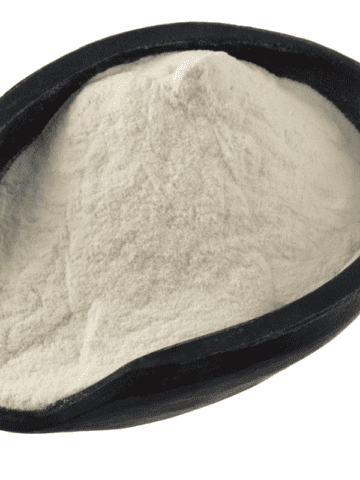
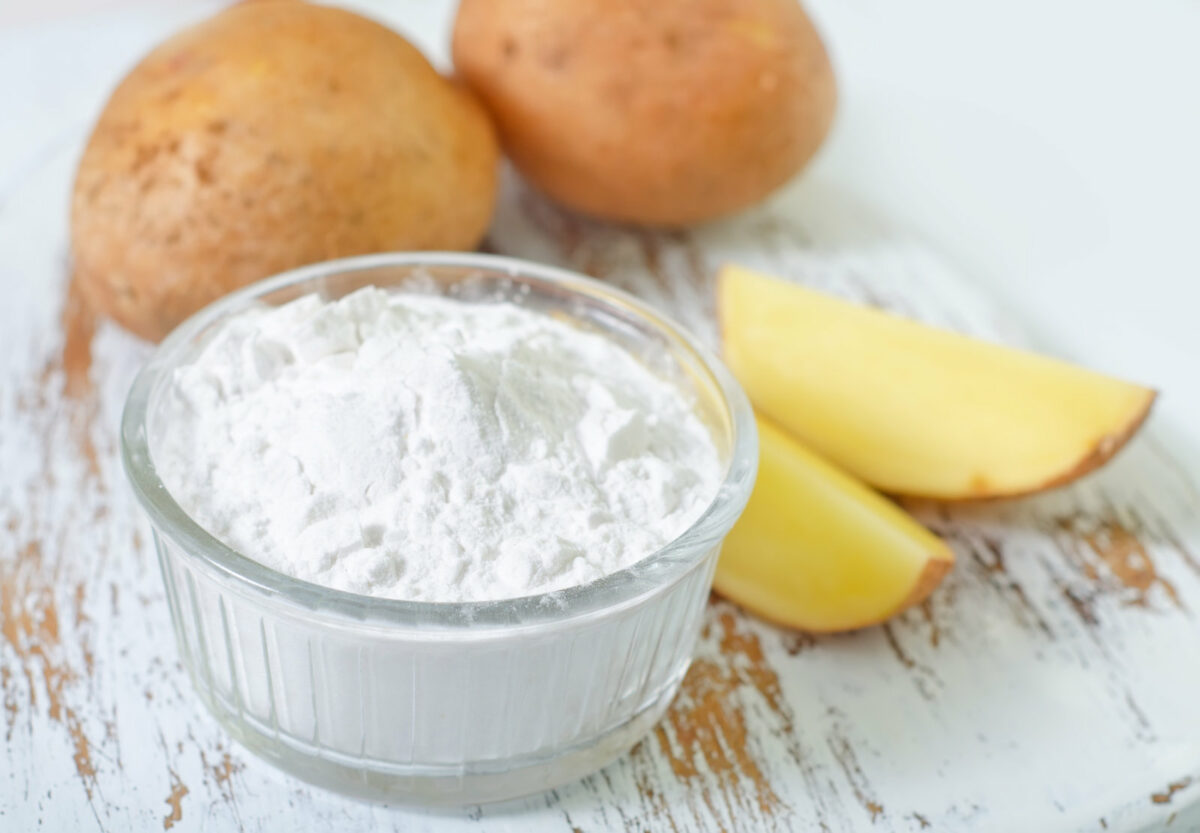
Comments
No Comments